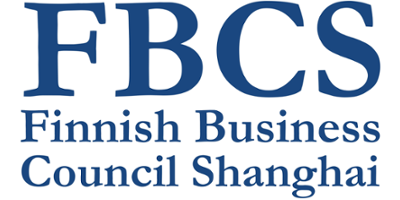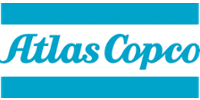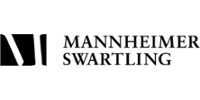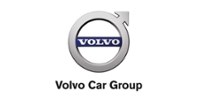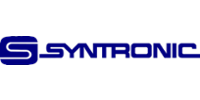China has been on the forefront in combating corruption during recent years. It is no longer wise to assume that group-wide FCPA or even UKBA compliance program will automatically ensure compliance with Chinese laws and regulations. Join us for an interactive session with inhouse ethics and compliance counsels from Stora Enso, and to exchange experiences and learnings about best practices of anti-corruption and value transformation from a Nordic perspective when operating in a Chinese environment.
Rule driven vs value driven
Rules are absolutely necessary to achieve good level compliance in any organisation. How ever only replying on rules is dangerous and can lead to opportunistic behaviours (e.g. what's not forbidden is allowed). Nordic companies in average have a higher level of trust within the organisation and are more willing to rely on employees' values and awareness to do the right thing. China, being one of the world's oldest civilizations, also has a strong tradition of good morals and values. Yet many companies struggle with value driven culture but have to heavily rely on rules and policies when operating in China. Why is that and what could be done right?
Speak Up culture and investigations
Comparing to the rest of the world, and of course including China, Nordic countries are well known for having a flat society. In workplaces, one might assume that this principle of equality helps companies to maintain a strong Speak-Up culture. Is this true in reality? And what happens when a Nordic company starts to operate in different cultures, such as China? What could you do right (and wrong) when encouraging a company value of transparency?
Investigation is the other side of the coin. What are the best ways to penetrate layers of barriers such as language, motivation and culture, but also not to pay a stunning bill for investigation costs? Sometimes grievance reports can also be malicious and what do we need to do in order not to fall into the trap of siding with whoever can speak better English?






